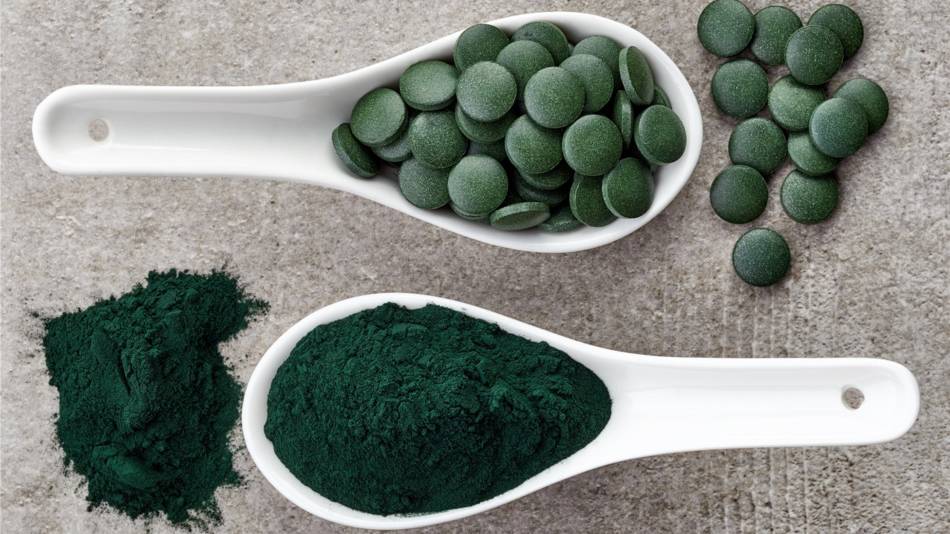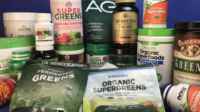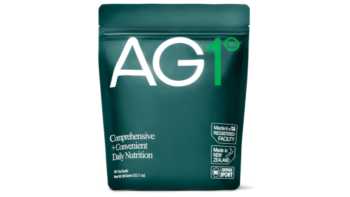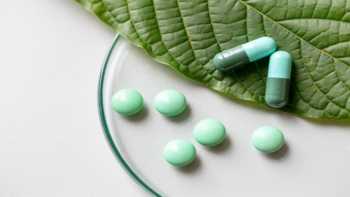Our Members Asked:
Is spirulina safe? I heard that it can contain toxins, such as BMAA and microcystin toxin.

Answer:
Concern has been raised by the fact that BMAA, a neurotoxic compound, can be produced by organisms related to spirulina -- a common ingredient in dietary supplements, including "green" powders and drinks. Commonly referred to as a blue-green algae, spirulina is actually a type of cyanobacteria (formerly called blue-green algae) and many cyanobacteria can produce BMAA. However, small studies suggest that dietary supplements with spirulina are generally safe. Concerns remain, however, about other blue-green algae, particularly Aph. flos-aquae.
Another concern with supplements made from cyanobacteria is contamination with microcystin toxin — a liver toxin, which appears to be common in A. flos-aquae supplements but tends not to occur in significant amounts in spirulina supplements.
Get the details, and see the results of our tests of powders and pills containing spirulina (three of which failed our tests), in the Greens and Whole Foods Powders and Pills Review >>
Join today to unlock all member benefits including full access to all CL Answers and over 1,400 reviews.
Join NowAlready a member? Sign In Here.
Join now at www.consumerlab.com/join/









Submit your comment
This feature is restricted to active members.
Join now to add comments and get all member benefits, including over 1,400 reviews.
Join NowAlready a member? Sign in here.